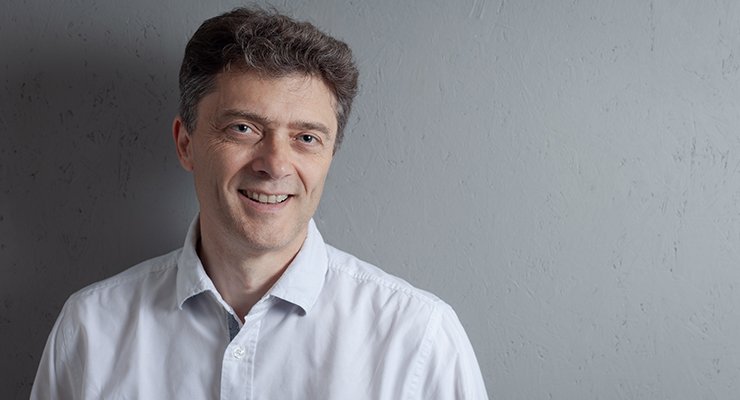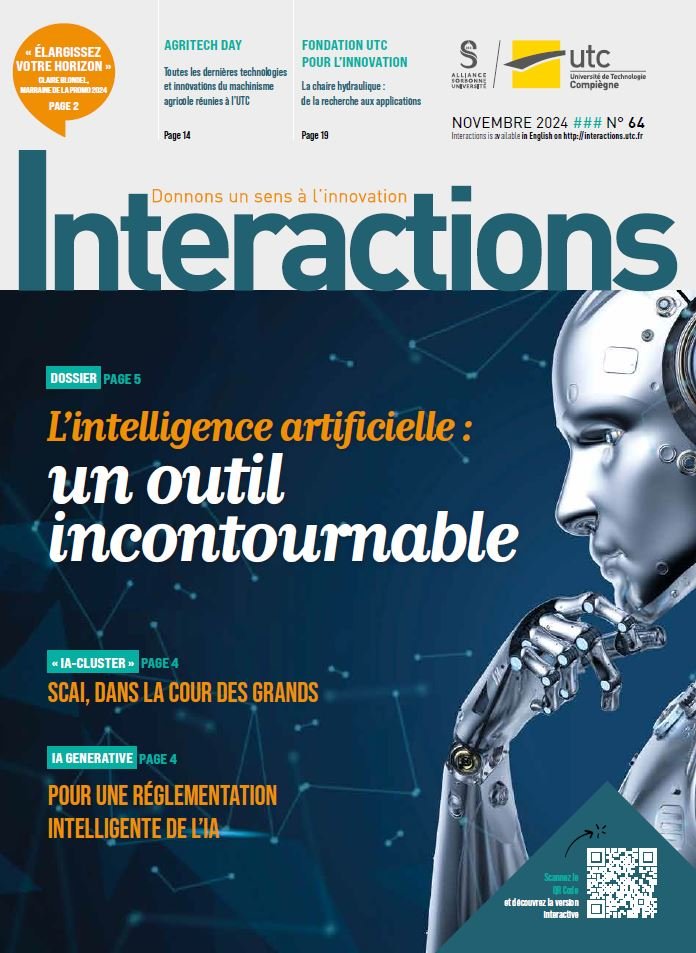Developing eco-design tools for industry

Benoît Eynard is a lecturer and research scientist in the Mechanical Engineering Department at UTC and is also head of an industrial engineering research team in the UTC’s Roberval laboratory. Together with Bertrand Marconnet from ECAM LaSalle (Lyon), he will be co-directing the ‘ProActive Design for Sustainability’ industrial chair at the request of PTC (Parametric Technology Corporation), a global software company based in the USA.
With its 7 000 employees, this American group offers software solutions and platforms to help manufacturers adopt a sustainable and global approach to their product development. In other words, manufacturers need to think about product sustainability from the design stage right through to the end of the product’s life, including the manufacturing, operation and maintenance phases.
Why UTC and why ECAM LaSalle? «The Chair is a major project for PTC, which wanted to deepen its research into eco-design tools or Design for Sustainability. UTC has been a long-standing partner of the American group, with links dating back to the mid-90s. As for ECAM LaSalle, they have close links with the software publisher’s teams in Lyon and also bring expertise that complements that of UTC. This led us to develop a joint project to create a four-year Industrial Chair», explains Benoît Eynard.
Can you cite one of PTC’s objectives with this Chair? «The aim is to develop research into ecodesign in order to improve PTC’s software solutions in the areas of life cycle analysis and calculation of a product’s environmental impact. UTC has some definite assets, as well as a number of theses — some of which I personally supervised — carried out on this subject over the last ten years. With Bertrand Marconnet, as part of this Chair, we are going to propose methodological frameworks for improving best practice and eco-design methods, all within a software integration framework that is PTC’s, whether in computer-aided design software or life-cycle management software, or in more recent solutions such as the Internet of Things. In fact, the environmental assessment or life cycle engineering component is not sufficiently present in PTC’s software suite. Their objective is to enhance their product package offer and provide more effective solutions that meet the need to control a product’s environmental impact as early as possible», he adds.
Are there some theses starting soon? «Yes, two theses funded by PTC are about to be launched. One will focus on proactive eco-design methods enabling simplified dismantling of assemblies to be planned from the design phase, as well as improved circularity of product components and sub-assemblies. In a word: improving the ability to repair products and reuse components in order to limit their environmental impact. The second focuses on product life-cycle management, integrating environmental indicators. The nomenclature of the parts making up the product will include information on the type of material used, their recyclability or, for example, their CO2 equivalent impact depending on the manufacturing process or the uses chosen. A PLM platform will collect, trace and justify all the environmental data and characteristics associated with the product’s life cycle, including those for the material extraction and processing, manufacturing, use, maintenance and dismantling phases,» concludes Benoît Eynard.




